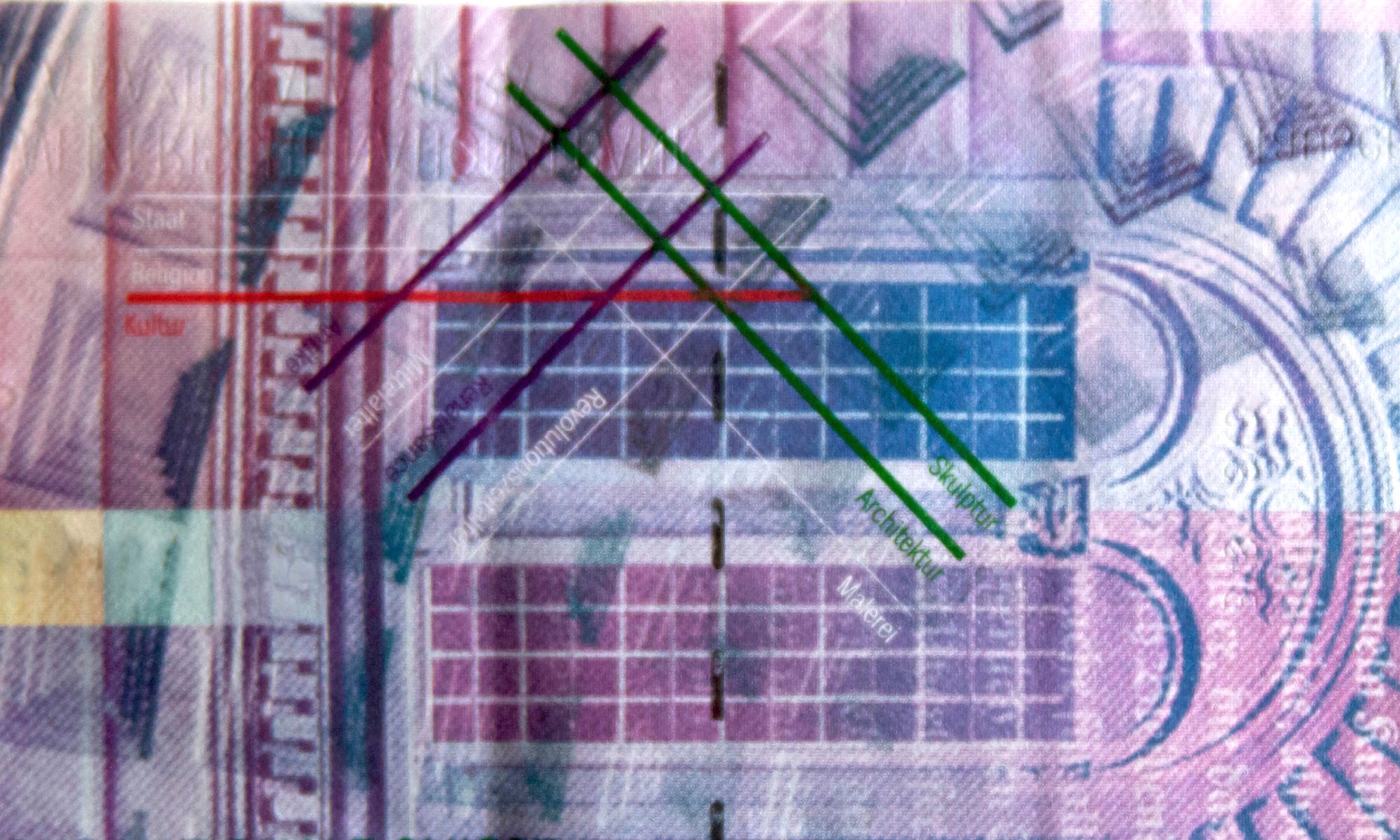The Intention
CRX is an ongoing meditation on how to think (about) time in a way that corresponds how it is experienced. In addition to separate entries that post in other categories, according to relevance, the writing specifically on Conversion, Recursion and Excursion is a piece that I have been and will be working on for some time. The focal point is to articulate a way of understanding time phenomenologically. To start rendering the interrelated structure of present, past, and future, I currently use the terms Conversion, Recursion, and Excursion (C.R.X.)[1]
Historically, attempts to investigate time are generally ill-advised as the odds of an original contribution or return on investment range from negligible to nil. Be that as it may, the effort at least provides being in the company of otherwise accomplished thinkers. From Parmenides to Einstein and beyond, the concept of time has remained a paradox that eludes anything more than the vague hint of a comprehensive understanding. Captured by the obligatory aphorism:
What then is time?
If no one asks me,
I know what it is.
If I wish to explain it
to him who asks,
I do not know.
– Saint Augustine
There is more revealed in this response than a simple withdrawal. It is not only that I do not know how to simply explain time, it is also that time is like nothing else in terms of which things are commonly understood. The difficulty may not even be primarily about the nature of time itself. I think a big part of the problem is instead a tendency to try and conceive of time in terms of discrete tenses. The mistake is attempting to understand temporal distinctions in the same way as how we think of things having discrete location in space. Contrary to how different objects in space cannot occupy the same position; past, present and future are not mutually exclusive. Temporal phases are continuous, mutually interrelated and codetermined. How present, past and future are experienced as such will be explored in the following sections. This text is constantly being updated and revised against versions that date back to over fifteen years ago.


Your description of “convergence” is similar to Whitehead’s description of his “occasion of experience.” His “event ontology” casts the physical world as the temporal succession of such “occasions.” I’ve discovered recently that physics can be reconstructed from a temporal successor relation alone, including the structural definition of energy and its quantum. It’s a further reduction of Newton’s primitives to time alone. (See the website above for a link to the constructions.) Each occasion in the scheme is an “I-Now” of experience, in Russell’s terminology, or in your terminology, a “convergence,” the primitive type of individuality at the basis of the event ontology. — Carey